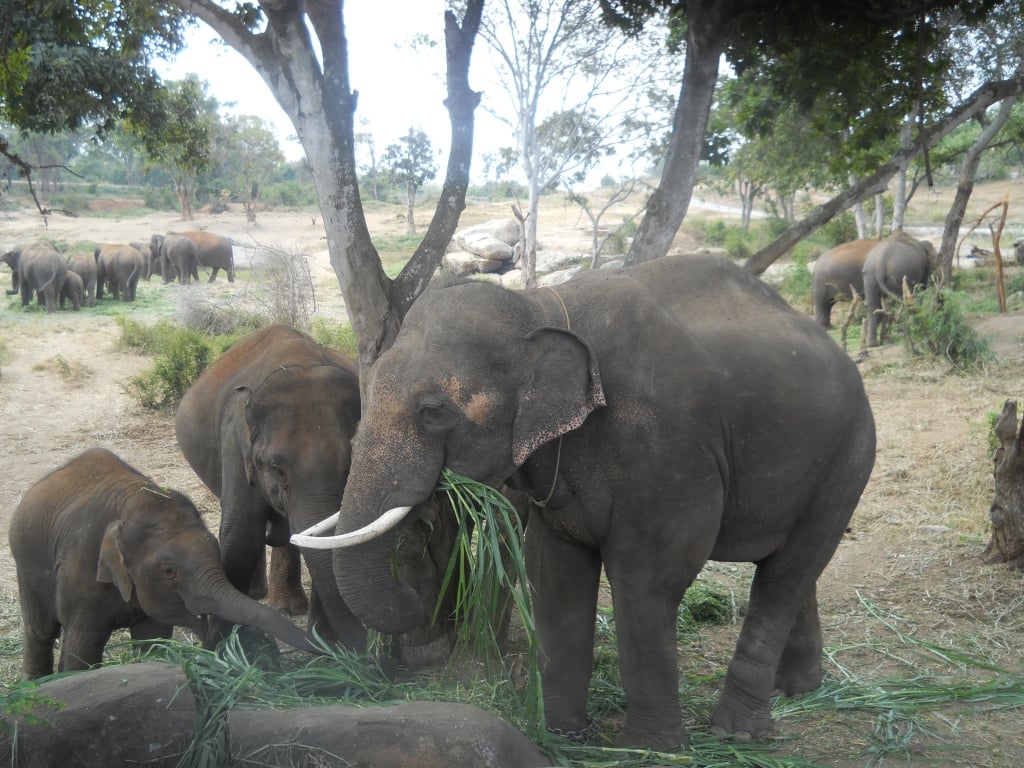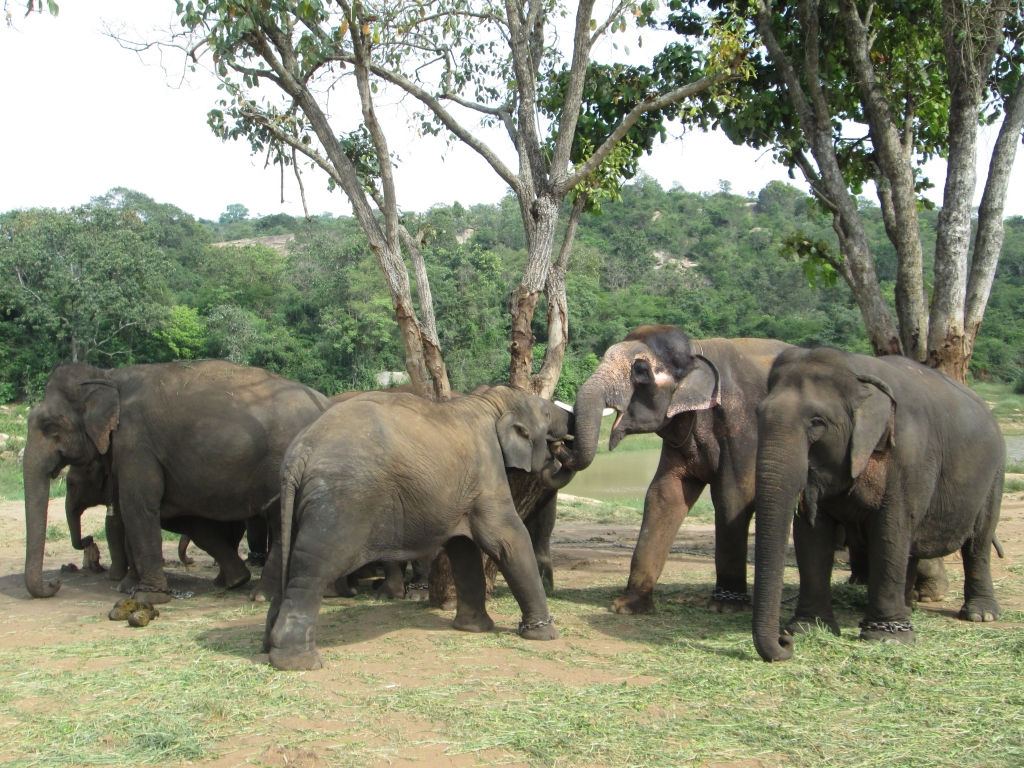PETA India and Bannerghatta Biological Park (BBP) have teamed up to create India’s first free-roaming elephant sanctuary in a fenced, forested land that allows elephants to move about rather than be chained in place, the common way in which captive elephants in India are kept.
BBP, which became home to 15-year-old Sunder – famously liberated by the Supreme Court in 2014 from a life of cruelty at the Jyotiba temple in Maharashtra – now houses 15 elephants.


Designed by PETA India consultant and elephant expert Carol Buckley, a solar electric fence and a state-of-the-art emergency corral made of steel pipes are nearly complete for this 49.5-hectare sanctuary that will allow the herd to roam, bathe in ponds and socialise without being restricted by the chains commonly used in India for captive elephants.
Elephant expert Margaret Whittaker – who designed the elephant and mahout training facilities and safety measures – will also be training local caregivers in the principles of a protected-contact system, which is a way of safeguarding human beings and elephants by keeping them separated by a sturdy barrier and managing Sunder and other elephants using positive reinforcement techniques instead of the age-old routine of physical punishment.
With the freedom to engage in natural behaviour within a large open space that they can call their own, Sunder and his new family have the opportunity to thrive. While most captive elephants remain in dire straits, with BBP, PETA India was able to make the dream of freedom a reality for 15 elephants. We hope the sanctuary will become a model for elephant sanctuaries throughout Asia.
Watch this to see Sunder’s story.
Sunder’s story is inspiring, but not all elephants are so lucky. Mali is the only elephant in the Manila Zoo in the Philippines. She’s been completely alone for 35 years and is suffering from health problems that cause her constant pain.
Please send a message asking for Mali to be moved to a sanctuary.


